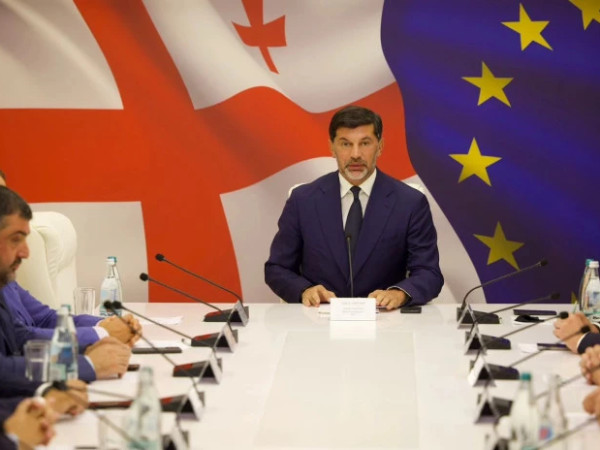Over the last 6 years, Transparency International Georgia has identified 271 alleged cases of elite corruption, involving more than 227 current or former high-ranking officials from "Georgian Dream." This includes 38 government members, 40 members of parliament, 18 judges, and 72 municipal officials.
Transparency International Georgia continues to regularly monitor and collect alleged cases of high-level corruption that have been disclosed in recent years. Our goal is to create a periodically updated catalog of alleged cases of high-level corruption, which will allow us to track these violations and see the extent of high-level corruption.
The current situation vis-à-vis corruption in Georgia is characterized by impressively low levels of petty corruption combined with near total impunity for high-level corruption. Unfortunately, Georgia is experiencing the ultimate form of corruption - a “state capture”.
According to Transparency International’s Corruption Perception Index (CPI), “the influence of the ruling party’s founder over key institutions meets the definition of state capture”. Furthermore, “the nature and scope of the cases of alleged high-level corruption and the increasing number of these cases point to an alarming conclusion that high-level corruption in Georgia is taking the form of “kleptocracy”, where officials systematically use political power to appropriate the country’s wealth and undermine all critical voices, including political opposition, media, and civil society.
The bodies responsible for the repression of corruption offenses in Georgia (the Prosecutor's Office and the State Security Service) leave alleged cases of high-level corruption without an effective response. Particularly, if individuals with connections to the ruling party are involved in these cases. Even though according to Georgian legislation an investigator or prosecutor is obliged to initiate an investigation upon notification of the commission of a crime, alleged cases of corruption reported regularly by Transparency International Georgia are also left without a response.
According to international best practices, an effective fight against corruption crimes necessarily involves the initiation of an investigation on publicly reported cases of alleged high-level corruption or public accessibility of a justification for a decision not to open a criminal investigation. Contrary to the practice, the State Security Service and the Prosecutor’s Office neither proactively publish information nor respond to FOI requests.
For the purposes of this list, a high-level official is considered to be a “politically active person” defined in accordance with Article 21 of the Law of Georgia on Facilitating the Prevention of Money Laundering and the Financing of Terrorism. Based on the international best practice and the OECD/ACN monitoring guide prosecutors of all levels (including members of the prosecutorial council), regional governors, or heads of regional administrations have been added to the definition of a high-level official. In addition, to reflect the extent of the spread of corruption cases at the level of high-level officials of the municipality, for this list, “high-level officials” are also considered the mayor, the chairman of the city assembly, and their deputies.
The present list includes cases of alleged corruption:
Where the high-level officials are involved,
Where an action containing signs of corruption is identified and for which disciplinary, administrative, or criminal liability is established by law,
The disseminated information on the case raises reasonable doubt about corruption misconduct, without conducting a comprehensive investigation.


















